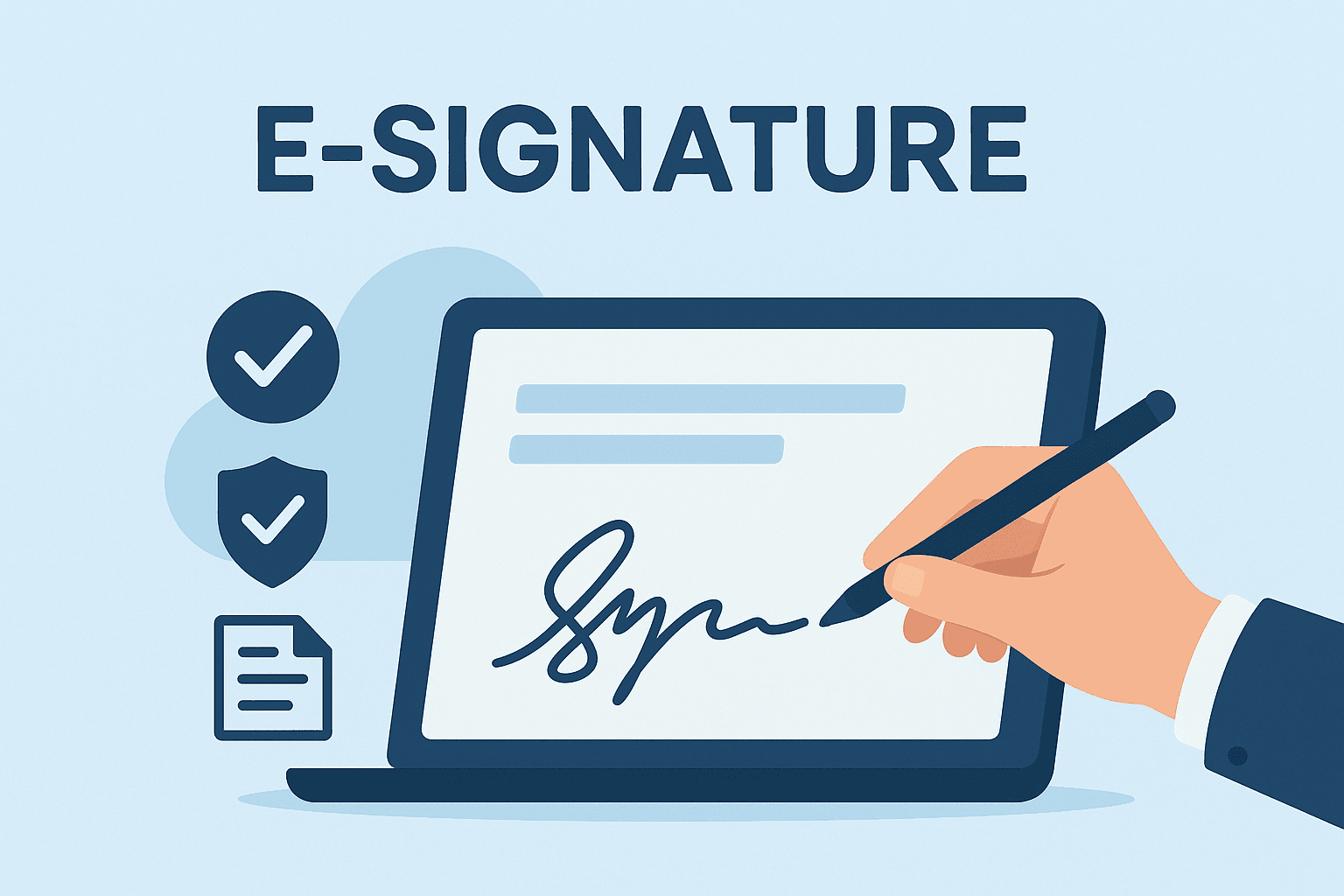Is a DSC certificate free?





Is a DSC Certificate Free?
In the increasingly digital world we live in, electronic documentation has become mainstream for businesses and individuals alike. Among the tools that make digital authentication seamless, the Digital Signature Certificate (DSC) plays a pivotal role. One common question that arises, especially in business and legal circles, is: Is a DSC certificate free? In this article, we will delve into the cost of DSCs, clarify what affects the pricing, and explore options suitable in regions like Hong Kong and Southeast Asia.
What Is a Digital Signature Certificate (DSC)?
A Digital Signature Certificate (DSC) is a secure digital key that certifies the identity of the holder, issued by a Certifying Authority (CA). It uses public key infrastructure (PKI) to ensure the authenticity and integrity of electronic documents and digital transactions.
According to the Electronic Transactions Ordinance (Cap. 553) in Hong Kong and similar data protection acts across Southeast Asia, the use of trusted digital signatures is legally binding, provided it meets specific technical and procedural criteria.
Digital Signature Certificates are commonly used in:
- Filing income tax returns,
- Signing e-tender documents,
- Conducting company registrations,
- Authenticating electronic correspondences.
Is a DSC Certificate Free?
Short answer: No, most DSC certificates are not free.
There are various reasons for this:
-
Certification Authority (CA) Licensing: The issuance of a DSC is overseen by licensed Certifying Authorities, which are accredited to issue these certificates securely. CAs incur infrastructure, compliance, and administrative costs which are reflected in what the end-user pays.
-
Verification and Documentation: Before issuing a DSC, the authority must verify your identity documents, often requiring manual verification procedures or biometric checks. These services are resource-intensive.
-
Validity Periods: DSCs typically come with different validity terms. A one-year certificate might cost less than a three-year certificate, but in every case, there are associated costs.

- Security Features: Advanced secure hardware tokens (USB Crypto tokens), which store the digital signature and prevent unauthorized access, add to the cost.
However, some government bodies or service providers offer subsidized or promotional offers, where DSCs may appear to be free, particularly for individuals or startups. However, in most reported cases, these either come with usage limitations or hidden charges, such as token shipping, renewal processing, or administrative fees.
Pricing of DSCs: What to Expect?
Prices vary based on several parameters:
| Certificate Class | User Type | Validity | Approximate Price (USD) |
|---|---|---|---|
| Class 2/Level II | Individual | 1 year | $10 – $25 |
| Class 3/Level III | Organization | 2–3 years | $30 – $100 |
| Document Signer Certificate | Business Automation | 1–3 years | $150 – $600 |
Please note: Prices may differ significantly depending on the issuing country, CA service provider, and additional hardware like secure USB tokens.
Types of DSCs and Their Purpose
There are generally three types of digital signature certificates:
-
Class 1 / Basic Certificate: Used for low-risk environments. Not compliant with most legal transactions under laws like Singapore’s ETA or Malaysia’s Digital Signature Act 1997.
-
Class 2 / Identity-Based DSC: This is largely used for tax filings and document submissions. It confirms the identity of an individual against a pre-verified database.
-
Class 3 / High-Assurance DSC: Required for high-value transactions such as government e-tendering. Offers higher trust levels and identity assurance.
Different national jurisdictions in Southeast Asia may accept only certain classes of DSCs for legal recognition. For instance, Indonesia and Vietnam have specific licensed digital certification bodies.

Free DSC: Are There Any Legitimate Options?
While full-fledged DSCs are generally paid, some providers offer free trials or limited-use certificates; however, these usually:
- Are not legally binding,
- Lack the needed certifications or standards for commercial use,
- May be restricted to internal or personal tasks.
Always ensure that any “free” DSC meets the cross-border compliance standards required by your government or industry regulations.
Alternatives to DSC Certificates
With challenges like complex onboarding processes and region-specific licensing restrictions, many businesses today are exploring alternative digital signature solutions. These tools enable e-signatures that comply with international standards such as eIDAS (EU), ESIGN Act (USA), and regional frameworks like Singapore’s Infocomm Media Development Authority (IMDA).

Common Alternatives Include:
- Electronic signatures using PKI-based signing like eSignGlobal,
- Verified e-signatures with audit trails,
- Keep-me-signed solutions using biometric and multi-factor authentication.
Choosing the Right Provider in Hong Kong and Southeast Asia
When choosing a provider for digital signing services in Hong Kong or other Southeast Asian regions, consider:
- Regional compliance (like Cap. 553 in HK),
- Accredited Certifying Authority partnerships,
- Hardware and remote signing capabilities,
- Customer support in local languages.
Conclusion: Should You Pay for a DSC Certificate?
Ultimately, if you’re an individual or business needing legally compliant digital authentication for tax, regulatory, or enterprise automation purposes, a DSC is not only necessary but also worth paying for.
While not usually free, a legally valid DSC ensures your documents are secure, verifiable, and enforceable across territories. However, understanding your local legal requirements is vital to choose the right type of certificate—and that’s where modern platforms come into play.
For Hong Kong and Southeast Asian users searching for an easier, compliant, and cost-effective solution, one can consider DocuSign alternatives like eSignGlobal, which offer flexible signature solutions tailored to the region’s legal framework.


 Only business email allowed
Only business email allowed


